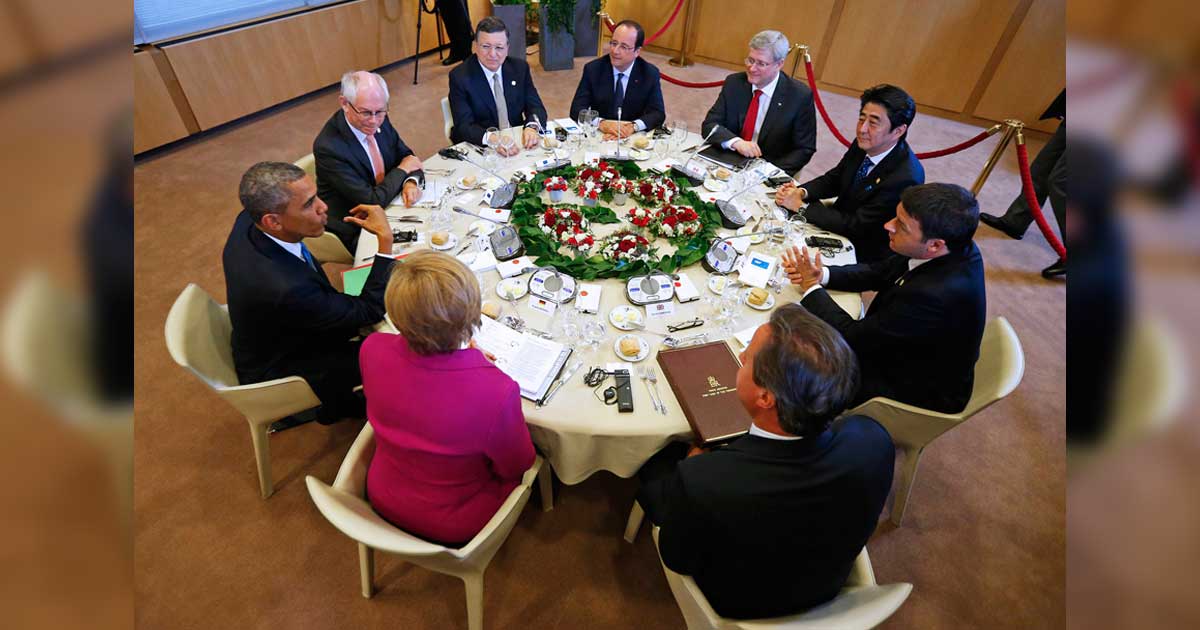
As tensions in the East China and South China Seas continue to escalate, the Group of Seven nations (G7) is “deeply concerned” about tensions in the East and South China seas, announced by the leaders of Canada, France, Germany, Italy, Japan, the United Kingdom, the United States, the President of the European Council and the President of the European Commission during G7 meeting.
Foreign ministers from the Group of Seven industrialized nations begin two-day talks on Tuesday, with the shaky peace process in Ukraine, Iranian nuclear programs and maritime security expected to be among key topics.
Due to the Ukraine crisis, instead of holding the meeting in Russia as planned, the summit met in Brussels June 4-5.
Asia’s largest nation, China, and other countries in the region including Japan, Vietnam and the Philippines are embroiled in bitter territorial disputes over oil-rich resources situated in those waters.
Enforcing international law is in the common interests of Japan and Germany, continued the Chancellor. This applies, for instance to the unlawful Russian annexation of Crimea. It equally applies to the situation in the East and South China Sea, where security is being jeopardised by maritime territorial disputes. “These shipping routes connect Europe with this part of the world. Ensuring that they are safe is thus also a matter that affects us in Europe.”
It is very important to overcome differences of this sort through dialogue on the basis of international law, declared Angela Merkel. “Smaller and larger partners alike must be involved in multilateral processes, and internationally recognised law must be taken as the basis for any agreements.”
Conflicts, in which the willingness to engage in dialogue in stretched to the limit because fundamental values and human rights are violated, “strengthen our conviction that we must stand up united and determinedly for liberty and openness,” declared the Chancellor. In this, Germany and Japan are cooperating closely. Angela Merkel pointed to the international terrorism perpetrated by organisations such as IS and Boko Haram and to the barbaric murder of Japanese hostages held by the Islamic State, as well as to the attack on staff of the satirical magazine “Charlie Hebdo”.
Japan will raise the issue of tension in Asia over territorial disputes involving China while European countries may draw attention to waters near the Middle East and Africa during the first full G-7 discussion about ensuring security on the sea for safe passage of commercial vessels, according to G-7 officials.
Japanese Foreign Minister Fumio Kishida is expected to call for cooperation from his counterparts from Britain, Canada, France, Germany, Italy and the United States in dealing with China’s claim to disputed islands in the South China Sea and the East China Sea, Japanese officials said earlier.
China has been building facilities such as airstrips on islands fortified by reclamation in the disputed areas in the South China Sea despite objections by other claimants. Chinese ships were involved in collisions with Vietnamese boats using water cannons nearly a year ago after China installed an oil rig near the disputed Paracel Islands.
Beijing has also been repeatedly sending ships into Japanese territorial waters to claim the Japanese-administered Senkaku Islands in the East China Sea. China calls the islets Diaoyu.
In the second day’s declaration, G7 leaders said they call on all parties to clarify and pursue their territorial claims, without naming specific countries in its announcement.
“We oppose any unilateral attempt by any party to assert its territorial or maritime claims through the use of intimidation, coercion or force,” the leaders said.
According to the declaration, G7 calls for peaceful resolutions, including legal dispute settlement and confidence building measures to solve the tensions.
“We underscore the importance of the freedom of navigation and overflight and also the effective management of civil air traffic based on international law and International Civil Aviation Organization standards and practices.”
Foreign Ministry spokesman Hong Lei responded this issue at the ministry’s regular press conference the same day that: “China is a staunch champion of peace and stability in the East China Sea and the South China Sea, cooperation and development of regional countries as well as the principles and purposes of the UN Charter, basic norms governing international relations and basic principles of international laws … however, as for the provocative acts taken by certain countries to willfully violate China’s sovereignty and rights and interests as well as deliberately undermine maritime peace and stability, China will respond with firm resolve.”
Hong also mentioned that the internationalization of relevant disputes, as well as the interference and involvement of irrelevant parties, …” is neither helpful in solving the disputes nor in realizing regional peace and stability, only making the problem more difficult to settle.
“Countries outside this region should respect facts on relevant controversial issues and adhere to an objective attitude instead of deliberately hyping up tension, stirring up confrontation or complicating the regional situation,” he said.
China has been building facilities such as airstrips on islands fortified by reclamation in the disputed areas in the South China Sea despite objections by other claimants. Chinese ships were involved in collisions with Vietnamese boats using water cannons nearly a year ago after China installed an oil rig near the disputed Paracel Islands.
Beijing has also been repeatedly sending ships into Japanese territorial waters to claim the Japanese-administered Senkaku Islands in the East China Sea. China calls the islets Diaoyu.
The European G-7 members are likely to address the topic of ensuring the safety of commercial transport in areas such as the Persian Gulf and the Suez Canal as well as piracy incidents of Somalia.
Antiterrorism measures against Islamic State extremists and a follow-up to a recent framework deal aimed at resolving the Iranian nuclear issue will also be among topics to be discussed by the foreign ministers, the officials said.
Iran and the five permanent members of the U.N. Security Council plus Germany earlier this month reached a tentative agreement on curbing Iran’s nuclear programs under strict monitoring by the International Atomic Energy Agency in exchange for lifting sanctions against Tehran.
On the sidelines of the G-7 meeting, Kishida will hold bilateral talks with Steinmeier, Fabius, and Italian Foreign Minister Paolo Gentiloni on Tuesday, according to the Japanese officials.
Kishida will also attend a working lunch session with European Union foreign policy chief Federica Mogherini the same day, they said.

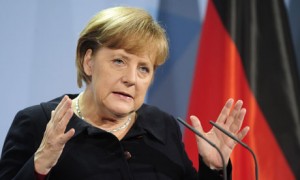

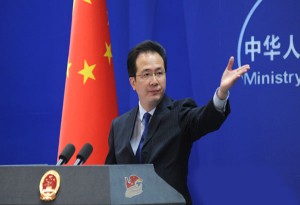

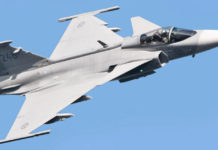





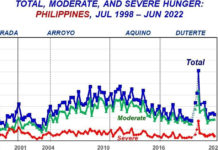
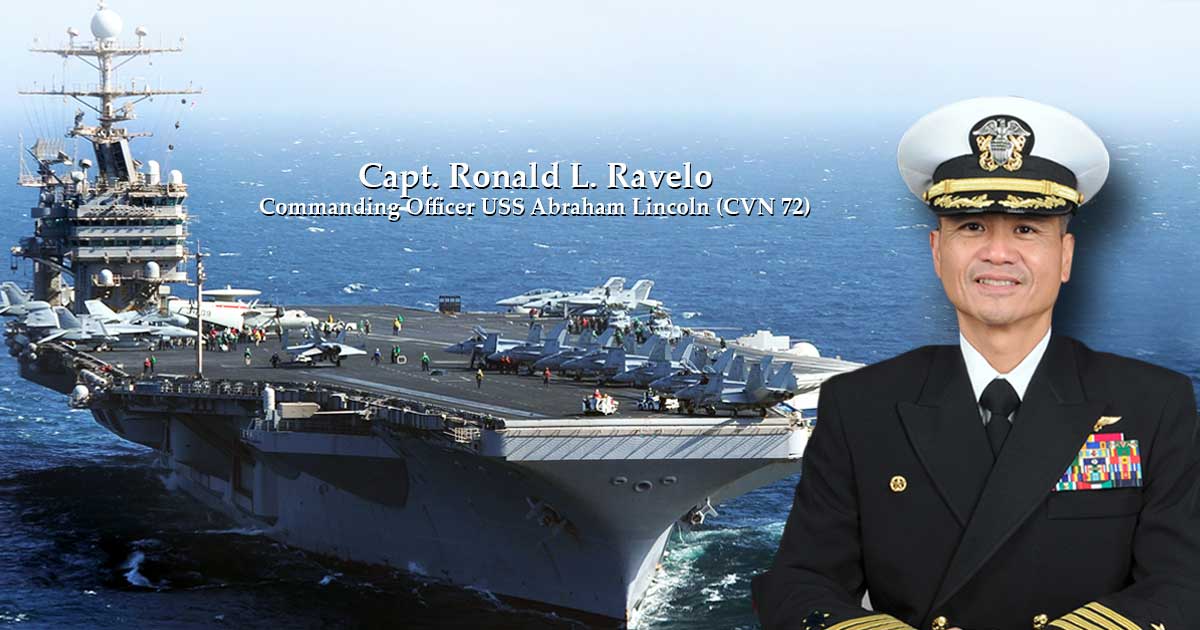



Comments are closed.